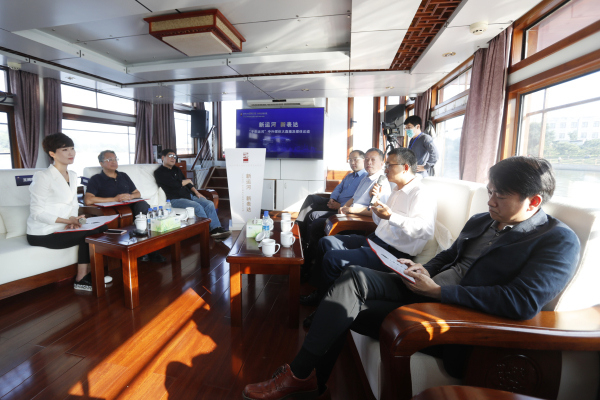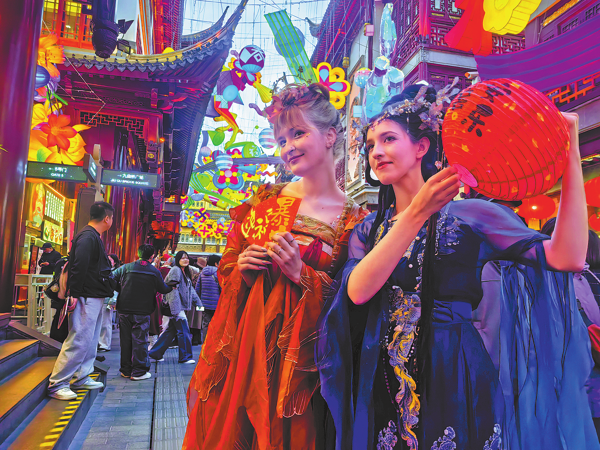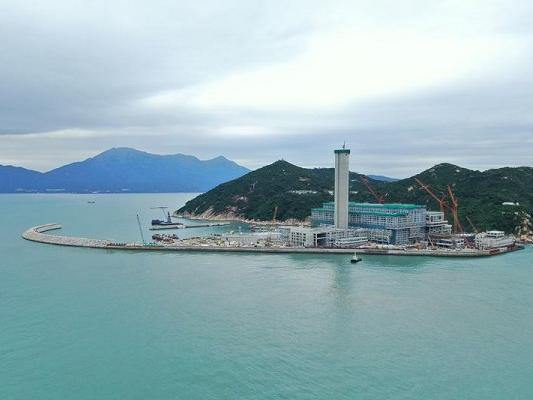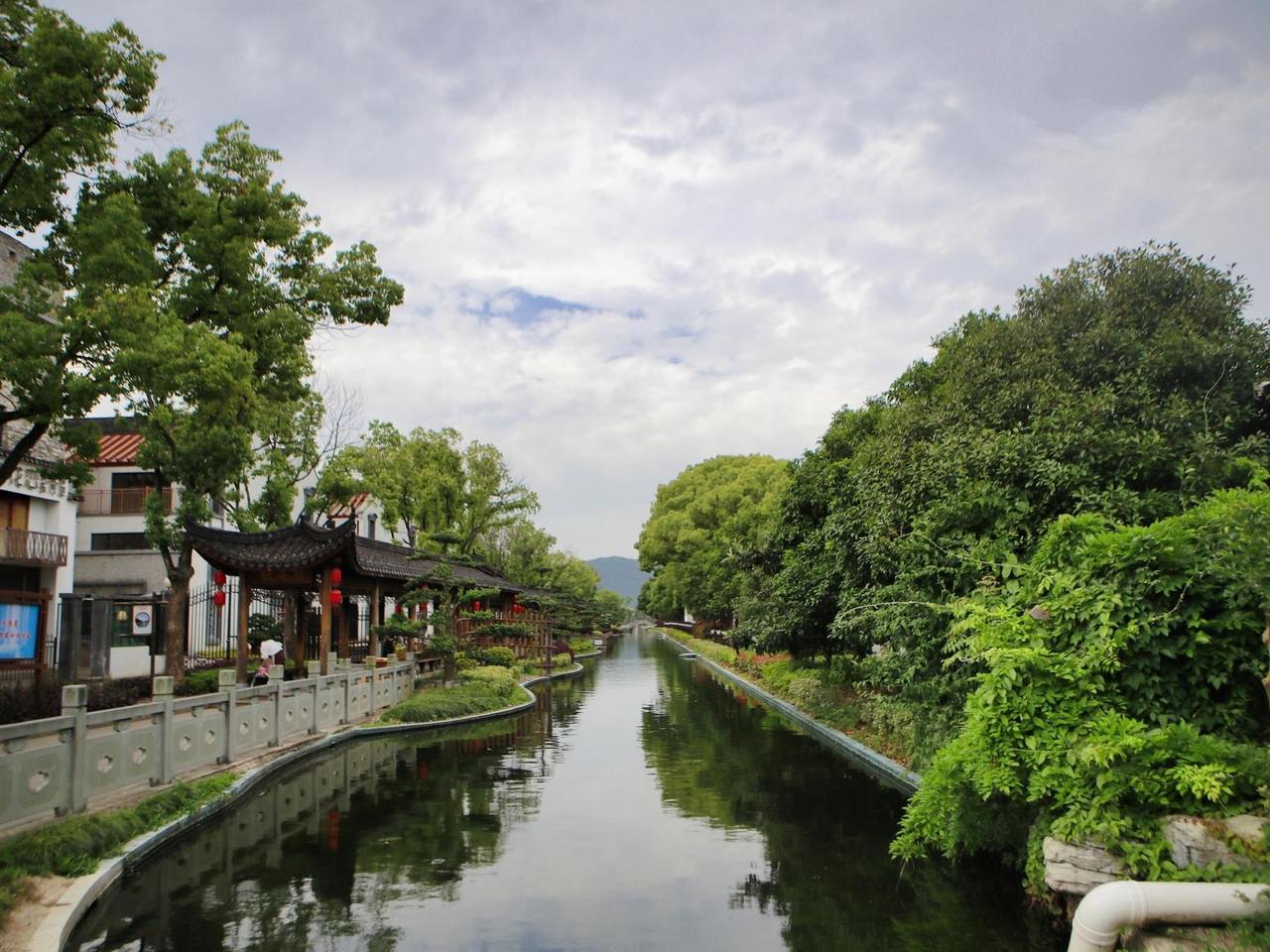
The forum-like meeting on the topic of "New Grand Canal, New Narratives"
On the afternoon of September 25, on a classical Chinese boat, a lively discussion on the topic of “New Grand Canal, New Narratives” was being held. This forum-like meeting is part of the 2nd Beijing-Hangzhou Dialogue on the Grand Canal and has attracted the participation of high-profile media veterans and experts on studying the canal culture, especially in the Chinese case—the Grand Canal.
Since the cultural industry enters into the era of millennials, it has become increasingly difficult to win young people when we are trying to spread the cultures of something ancient and historical.
This issue has also aroused the guests' interest. At the beginning of this event, a common issue had attracted attention from the guests, which is the unpopularity of the Grand Canal among young people. Xia Chunping, Vice Editor-in-Chief of China News said that for media, for example, innovative narrative strategies can make the Grand Canal more attractive, which will become more appealing to young people.
No successful narratives can be separated from a comprehensive and deep understanding of the Grand Canal by the narrators per se. Zhang Yiqun, Head of the international communication department of Beijing City indicated that the Beijing-Hangzhou Grand Canal goes beyond the significance of its hydraulic advancement, and has become a cultural and social heritage. The culture of the Grand Canal, from the perspective of Zhang, is open and inclusive.
After the starter, the meeting presented its main course, which is about how to diversify the narratives of the Grand Canal in the new age.
Media veterans emphasized the importance of narrative innovation and the active uses of new platforms. Yang Gu, Editor-in-Chief of gmw.cn mentioned about how to use new media to spread the cultures of the Grand Canal, followed by his suggestion of incubating Internet influencers along the Grand Canal and inputting more tourism genes into the Grand Canal to make some places along the canal to become "popular scenic spots".
For academic experts on studying the canal cultures, the Grand Canal is not only a river connecting the north and south of China but also a symbol connecting to the world. The stories of those people's lives along the Grand Canal are vivid expressions of the Grand Canal's culture, according to Yu Yunquan, Dean of the Institute of Contemporary China and the World.
From the viewpoint of Chen Xibo, Vice President of the Grand Canal Culture Research Institute in Beijing Wuzi University, the culture of the Grand Canal goes beyond merely a geographical symbol and connotates deeper meanings of the consanguinity. In this sense, the Grand Canal has triggered the building of a national community, which is of great significance to the Chinese civilization.
For anyone who is interested in China's history, the Grand Canal could be a starting point. As the most successful hydraulic advancement before the Industrial Revolution, the Grand Canal, just as its peers from other canal cities, should be well protected and preserved.
Just as the Socratic dialogues create meaningful conversations, the Beijing-Hangzhou Dialogue can be a big step towards rejuvenating the culture of the Grand Canal, which is an important world heritage as well.
(Edited by Ye Ke)




